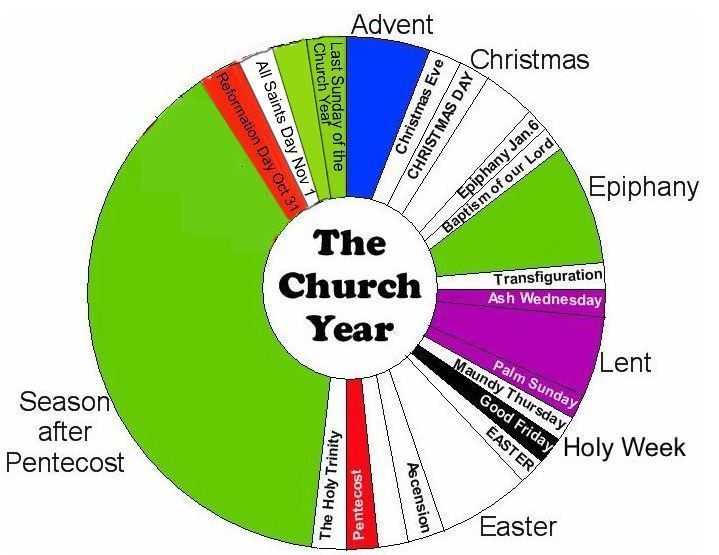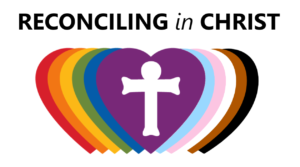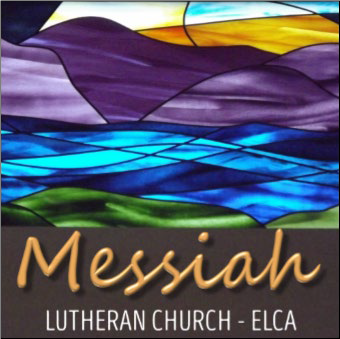
Welcome
Welcome to the Messiah Lutheran Church Adult Education section of our website. As part of the recent Church Survey members were asked if the were interested in adult education, if so, what would they be interested in being delivered.
This, Adult Ed., section is a result of your suggestions and requests. Not surprisingly, there were many great suggestions. They included, Lutheranism, (History, Doctrine, Church Practices, Significant People of the Lutheran Faith) Bible Study, Personal Reflection, Retreats, and Learning Resources, just to highlight the most requested. This list poses a significant task to research, develop, and deliver. The following is a start. The plan is to grow adult education, both in-person and online. You play an important role of further development.
I can use help moving forward. No help is too small.
Please don’t hesitate to contact me with more suggestions and your offer to assistance.
Your Brother in Christ,
Rich Valenta - richfsi@gmail.com
Adult Education Ministry Coordinator
The Liturgical Calendar

For most of us, our lives are structured. Work, family events, social gatherings and church fit into our schedule based on time available, Be it on a portable device or good old printed calendar, we construct and carry out our lives.
The church throughout the centuries has also kept track of days. Seasons, Festivals and Commemorations make up the structure of the Church Liturgical Calendar. Here is a brief synopsis of the Lutheran Church Calendar. Two documents have been provided for you to download and print that will guide you throughout the year.
The church year is divided into three main parts, Advent/Christmas, Lent/Easter, and Pentecost, which focus on different parts of Jesus' life.
Major Seasons of the Church Year
Advent and Christmas
At the start of the church calendar, we celebrate Advent and Christmas to prepare for Christ’s coming. During this season, we rejoice in our Savior and celebrate His birth in Bethlehem.
Lent and Easter
Lent is a time of self-reflection and repentance during the second part of the church calendar. Often, we give up something in remembrance of Jesus’ sacrifice for us on the cross.
Important Days in the Church Year
The church commemorations, Feasts and Festivals are all slightly different and have a unique place in the liturgical church calendar. We celebrate these days in thanksgiving for the people and events that shaped the early Christian church and the Lutheran church today.
Commemorations
Commemorations are days set aside to remember important men and women that have gone before us in faith: saints, martyrs, missionaries and more. We commemorate what they have done to the Glory of God during their life.
Feasts & Festivals
A Feast is often a one-day observance of a historical person or a biblical character, sometimes intertwined with Jesus’ earthly ministry. Festivals are usually multiple days and can honor events, such as Reformation Day, or people. All of these days are moments of devotion and reminders of what God has done for us and given us.
Pentecost
Pentecost is the final, non-festival part of the church calendar. We focus on Jesus’ ministry and the Early Church, as described in Acts 2. This is the longest season of the year.
Lectionary
Revised Common Lectionary Sundays and Principal Festivals
This lectionary provides a three-year series of readings for Sunday starting with the season of Advent, four weeks before Christmas Day. For each Sunday and festival, three readings and a psalm are suggested and include: a Gospel reading, an Old Testament reading, and a New Testament reading. The lectionary is a work of The Consultation on Common Texts, an ecumenical consultation of liturgical scholars and denominational representatives from the United States and Canada, who produce liturgical texts for use in common by North American Christian Churches.
Each year of the Revised Common Lectionary centers on one of the synoptic Gospels — Matthew, Mark and Luke. The Gospel of John is read periodically in all three years and is especially frequent in Year B.
One-Year and Three-Year:
Lectionary
(Download pdf.)
One-Year: This historic lectionary repeats key biblical texts every year, including selections from each of the four Gospels. It is easier for memorization of key Bible verses, as they are repeated annually, but is less widely used in the modern church.
Three-Year: This is the most common lectionary, and the one that we follow on this site, and the one that we follow here at Messiah.
Year A focuses on the Gospel of Matthew.
Year B reviews the Gospel of Mark and selections from the Gospel of John.
Year C focuses on the Gospel of Luke.
So, what does it mean to be a Lutheran? How does it differ from other religious practices?
Who was Martin Luther? What are the 95 theses? Who are, prominent Lutheran past and present?
So, many great questions.
This section of our page will look at these and many other questions over time.
This video is by Rich Steve’s, an ELCA Lutheran from Trinity Lutheran Church, Lynnwood, Washington.


